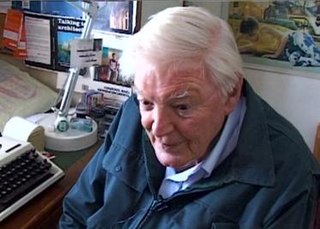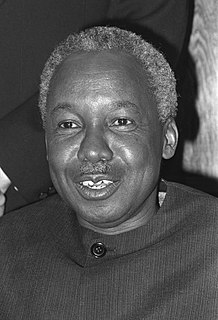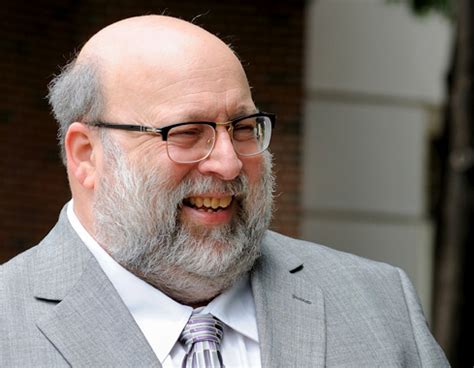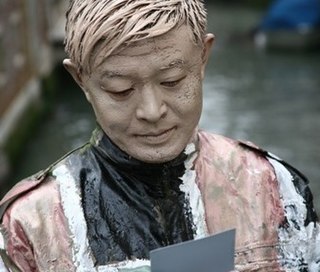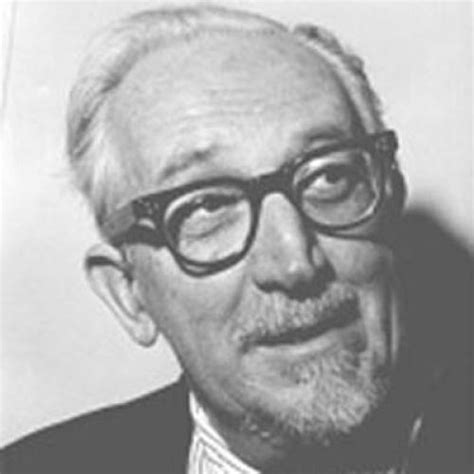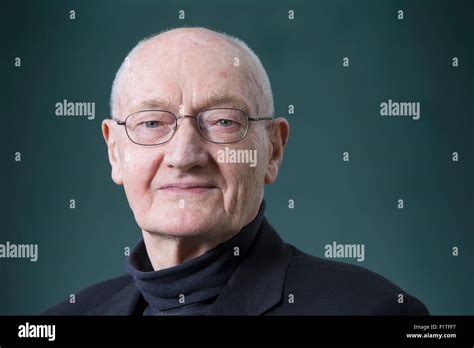A Quote by John F. Kennedy
I ask that you offer to the political arena, and to the critical problems of our society which are decided therein, the benefit of the talents which society has helped to develop in you. I ask you to decide, as Goethe put it, whether you will be an anvilor a hammer. The question is whether you are to be a hammerwhether you are to give to the world in which you were reared and educated the broadest possible benefits of that education.
Related Quotes
We must ask whether our machine technology makes us proof against all those destructive forces which plagued Roman society and ultimately wrecked Roman civilization. Our reliance - an almost religious reliance - upon the power of science and technology to forever ensure the progress of our society, might blind us to some very real problems which cannot be solved by science and technology.
Having come into contact with a civilization which has over-emphasized the freedom of the individual, we are in fact faced with one of the big problems of Africa in the modern world. Our problem is just this: how to get the benefits of European society - benefits that have been brought about by an organization based upon the individual - and yet retain African's own structure of society in which the individual is a member of a kind of fellowship.
Personally, I think government is a tool, like a hammer. You can use a hammer to build or you can use a hammer to destroy; there is nothing intrinsically good or evil about the hammer itself. It is the purposes to which it is put and the skill with which it is used that determine whether the hammer's work is good or bad.
Education is the point at which we decide whether we love the world enough to assume responsibility for it, and by the same token save it from that ruin which except for renewal, except for the coming of the new and the young, would be inevitable. And education, too, is where we decide whether we love our children enough not to expel them from our world and leave them to their own devices, nor to strike from their hands their chance of undertaking something new, something unforeseen by us, but to prepare them in advance for the task of renewing a common world.
In this constant battle which we call living, we try to set a code of conduct according to the society in which we are brought up, whether it be a Communist society or a so-called free society; we accept a standard of behaviour as part of our tradition as Hindus or Muslims or Christians or whatever we happen to be.
We have moved into an era where we are called upon to raise certain basic questions about the whole society. We are still called upon to give aid to the beggar who finds himself in misery and agony on life's highway. But one day, we must ask the question of whether an edifice which produces beggars must not be restructured and refurbished.
We need to be clear that there is no such thing as giving up one's privilege to be 'outside' the system. ONE IS ALWAYS IN THE SYSTEM. The only question is whether one is part of the system in a way which challenges or strengthens the status quo. Privilege is not something I take and which I therefore have the option of not taking. It is something that society gives me and unless I change the institutions which give it to me, they will continue to give it, and I will continue to have it, however noble and egalitarian my intentions.
Well, years and years ago, I started to ask myself three very simple questions, which dominated my life for many years. One of them was, "Why are organizations everywhere, whether commercial, social, or religious, increasingly unable to manage their affairs?" The second question was, "Why are individuals throughout the world increasingly in conflict with and alienated from the organizations of which they're a part?" And the third was, "Why are society and the biosphere increasingly in disarray?"
The Palestinians are facing a historic junction at which they will have to decide whether they want to remain stuck in a corner of extreme fundamentalism, which will cut them off from the entire world, or whether they are ready to take the necessary steps. My role is to assist in building this process.


